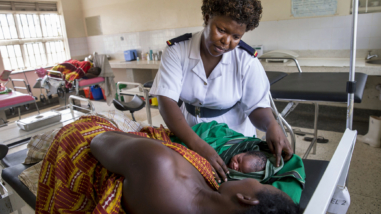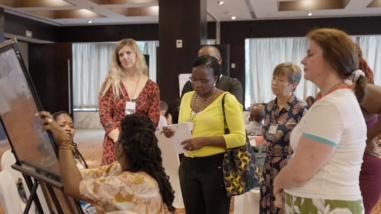University of the Witwatersrand
For General Operating Support For The University Of Witwatersrand's Population Program
-
Amount$750,000
-
Program
-
Date Awarded3/17/2008
-
Term36 Months
-
Type of SupportGeneral Support/Program
Strategies
About the Grantee
Grantee Website
www.twendembele.org


